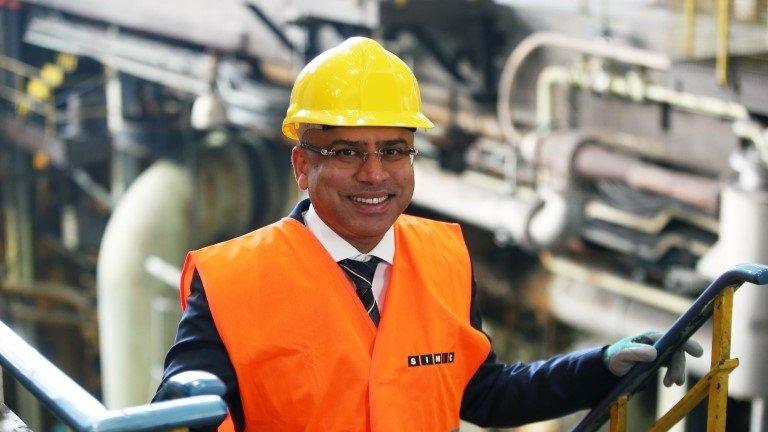Tata Steel: Would-be UK buyer Liberty's jobs hope
- Published
Sanjeev Gupta believes he could take the business on without losing jobs
A potential buyer for Tata Steel in the UK believes he could take over all the business without mass job losses.
Sanjeev Gupta, the head of the Liberty Group said he had "very encouraging" talks with the UK Government so far but there was still a lot of work to do.
Mr Gupta told the BBC he believed jobs at Port Talbot could be saved if at least 700 workers in its blast furnaces were retrained.
He now wants detailed talks with Tata and ministers.
It comes after the Welsh assembly was recalled to discuss the crisis on Monday.
UK Business Secretary Sajid Javid will travel to Mumbai on Tuesday to meet Tata chairman Cyrus Mistry to discuss details of the sales process for the firm's UK steel operations.
Mr Gupta, who flew back to the UK on Monday evening, said it was a complicated deal, with a lot of components to it, from pensions to other liabilities.
Tata's rolling mills and downstream businesses were relatively easier to tackle and he believed there was potential for expansion.
But he said the steel-making, heavy end of the business at Port Talbot was much tougher.
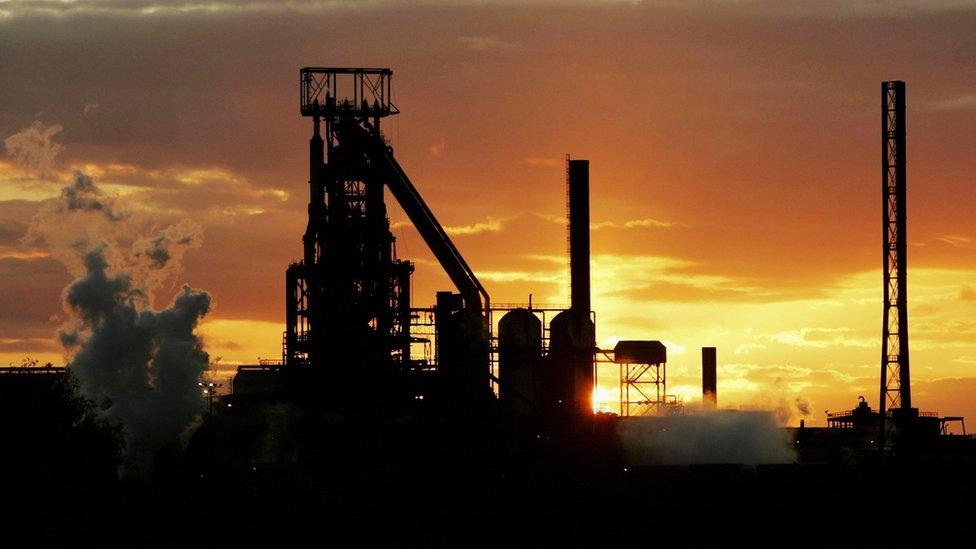
"The hot end is where we want to make the most dramatic changes," he said.
Mr Gupta said the idea was "we would look to transition from blast furnaces to arc furnaces, from imported raw material to domestically available scrap, from making carbon steel to making what we call green steel - melting and recycling scrap using renewable energy."
Mr Gupta talked about retraining the workforce and not making job losses but it would take time, while the building of arc furnaces to replace blast furnaces would take a year to 18 months.
"We've never undertaken anything which requires redundancies - I won't undertake something which will require mass redundancies," he said.
"We will look to see how we can reposition the workforce from blast furnaces to arc furnaces. It will require a lot of planning and execution and it cannot be done overnight but be planned over a number of years."
Liberty has a £3.5bn turnover with 2,000 workers worldwide. It already operates a steel plant in Newport and is in the process of taking over two Tata plants in Scotland.
Mr Gupta said the most fundamental thing was to secure the hot end.
"These blast furnaces were constructed when some of the raw material was available domestically in the UK and also when there was demand in world market.
"In this excess capacity world, plants based on domestic iron ore or coal are going to be more competitive than plants like Port Talbot.
"There are many issues which have to be addressed but they are all addressable."

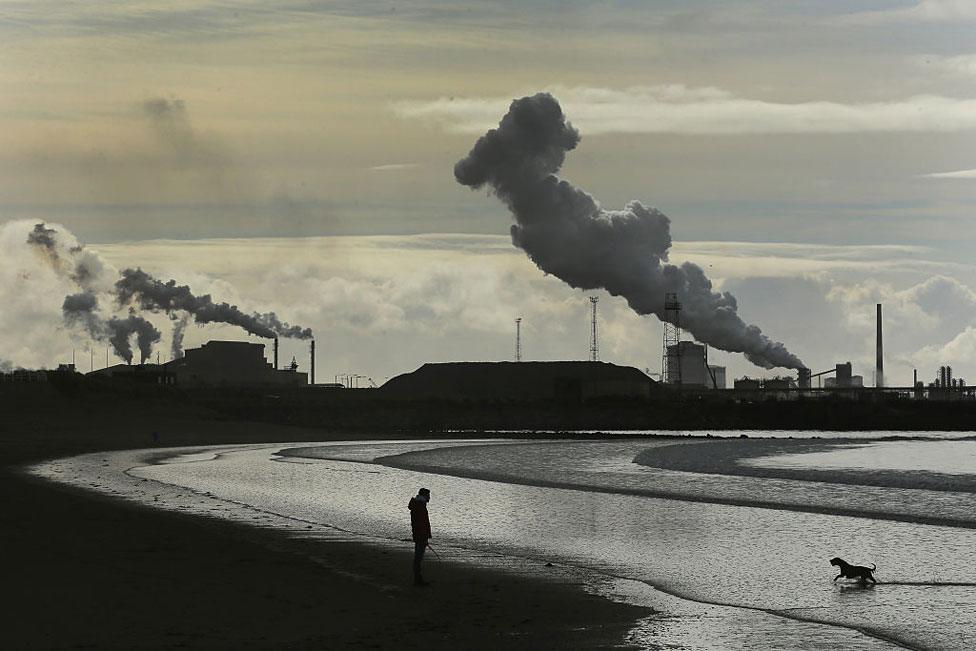
Analysis by Sarah Dickins, BBC Wales economics correspondent
After a week when it has felt as if the UK steel industry is struggling to survive in a changing global world, it is interesting to hear Sanjeev Gupta say that six million tonnes of steel, presently imported into the UK, could competitively be made here.
Also that he will not undertake something that will require mass redundancies.
What Mr Gupta makes very clear is that if he were to be interested in Port Talbot, he would need to make big changes.
At the moment, the plant makes steel from raw materials, iron ore and coking coal, and uses the iconic blast furnaces that dominate the skyline.
Mr Gupta would want to change that and instead make what he called "green steel" - in other words make steel by melting and recycling scrap steel using an electric arc furnace and then rolling it into the steel coil we see on lorries along the M4 and on freight trains.
With this interview, we can begin to see one possible outcome: Liberty Steel could take over Port Talbot and the other Welsh plants and, with help from UK and Welsh governments, change the way it produces steel.
It is still very early days and all sides need to undertake vast amounts of research and planning.
But at the moment Liberty seems to be the most involved in taking over Tata in Wales and offers the most hope.
- Published4 April 2016
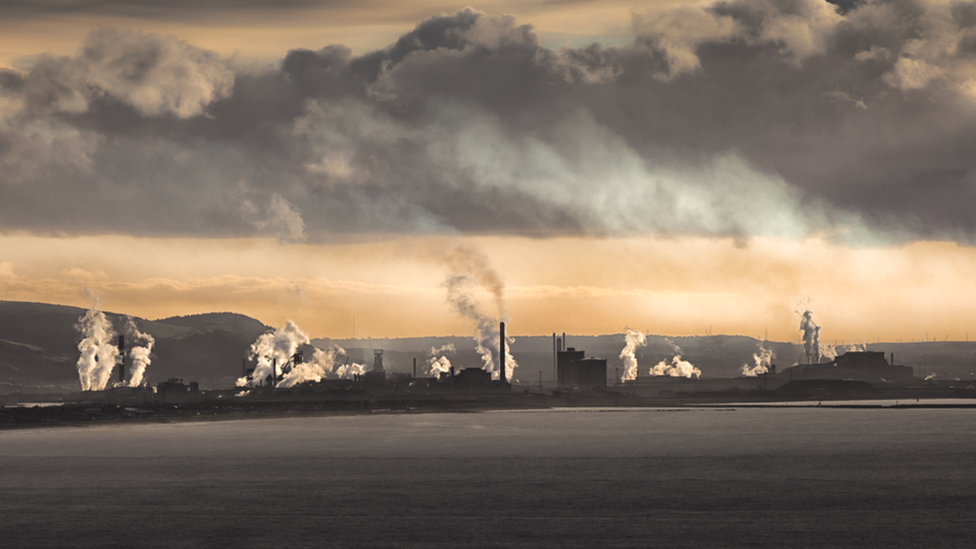
- Published31 March 2016
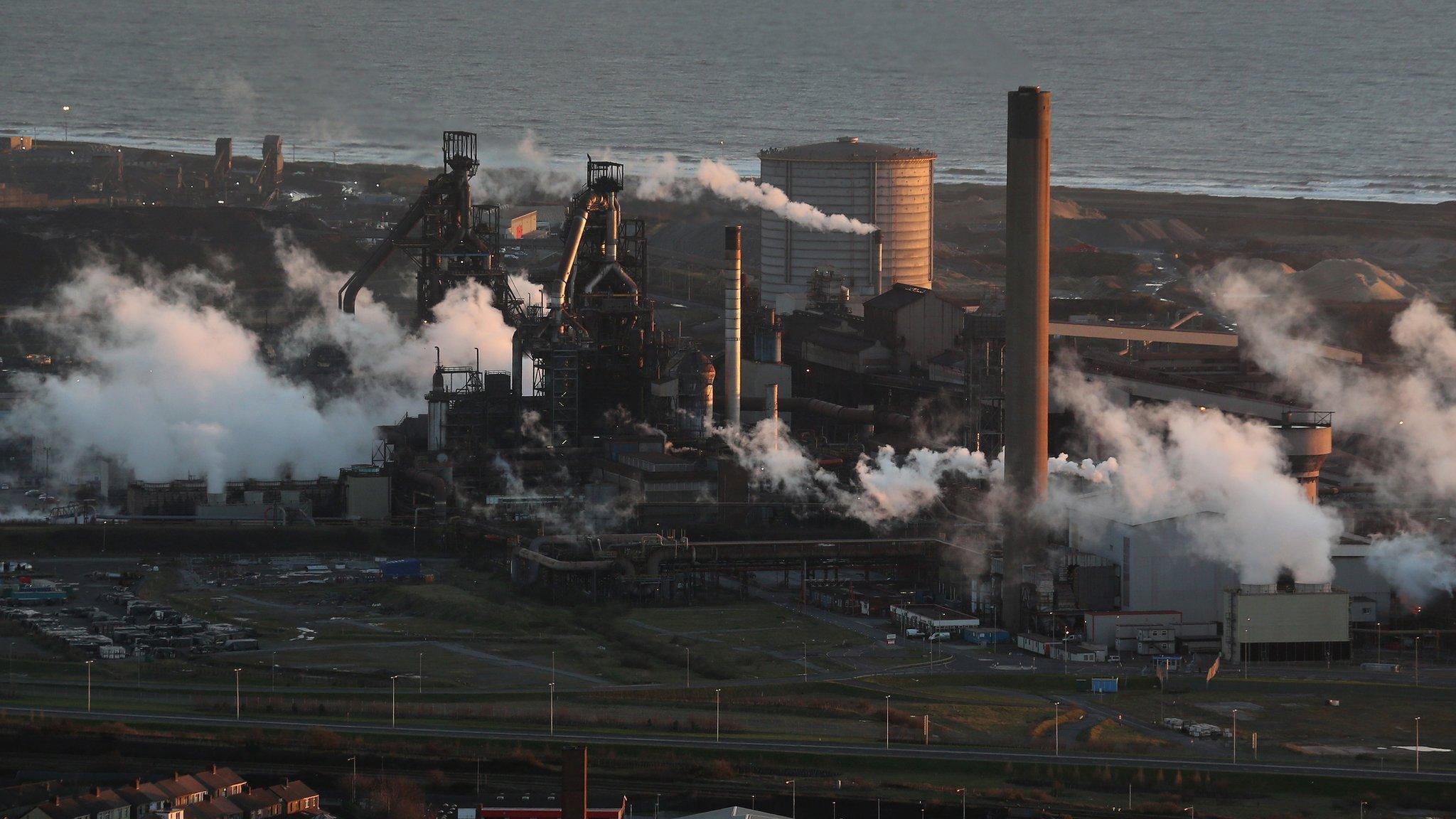
- Published4 April 2016
